Here at NOAA Education, we believe that creating healthy ecosystems is a community effort—and our aquarium partners agree! Last month, aquariums and science centers from across North America worked together through the Coastal Ecosystem Learning Center (CELC) Network to engage the public in issues of local and global ecosystem health. Here are a few of the exciting events that resulted, each paired with resources to help you keep the momentum going and make a difference in your community.
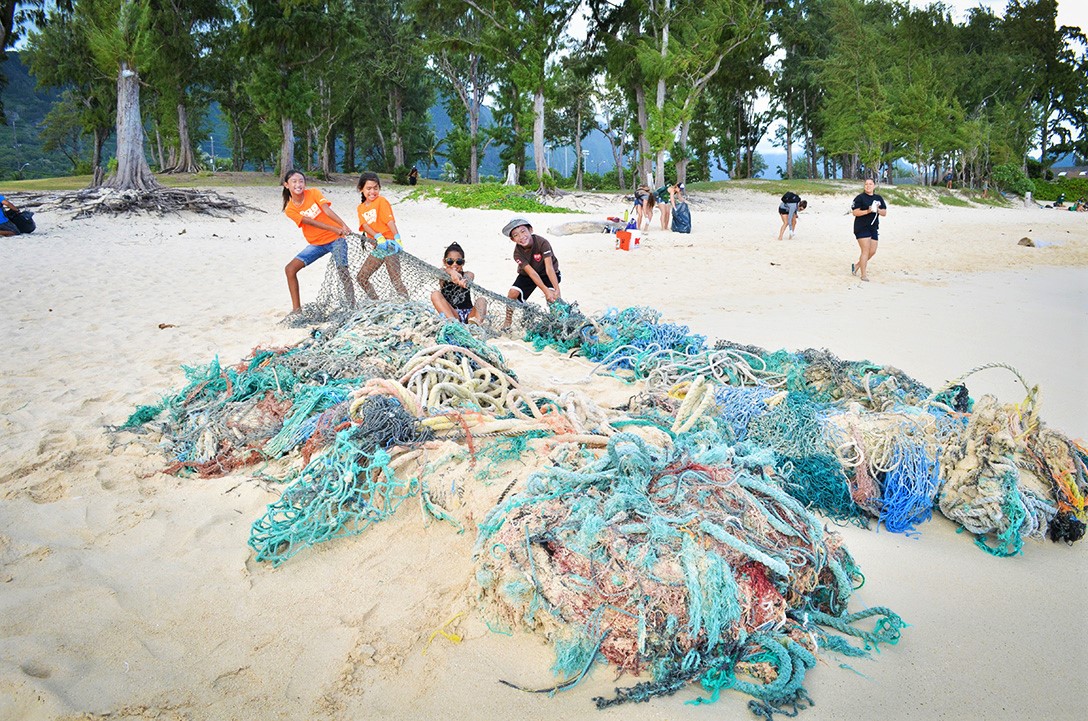
Watershed stewardship
At the National Mississippi River Museum & Aquarium offsite link on September 13 and 14, forty-five high school students gathered for the Student Environmental Conference to learn about pressing management challenges in their community of Dubuque, Iowa. Student attendees from Western Dubuque High School decided to put this conference knowledge toward a good cause: keeping their local Whitewater Creek clean. After monitoring the river, investigating surrounding land use, and surveying farmers, they will create a creek management plan to present to their elected government officials.
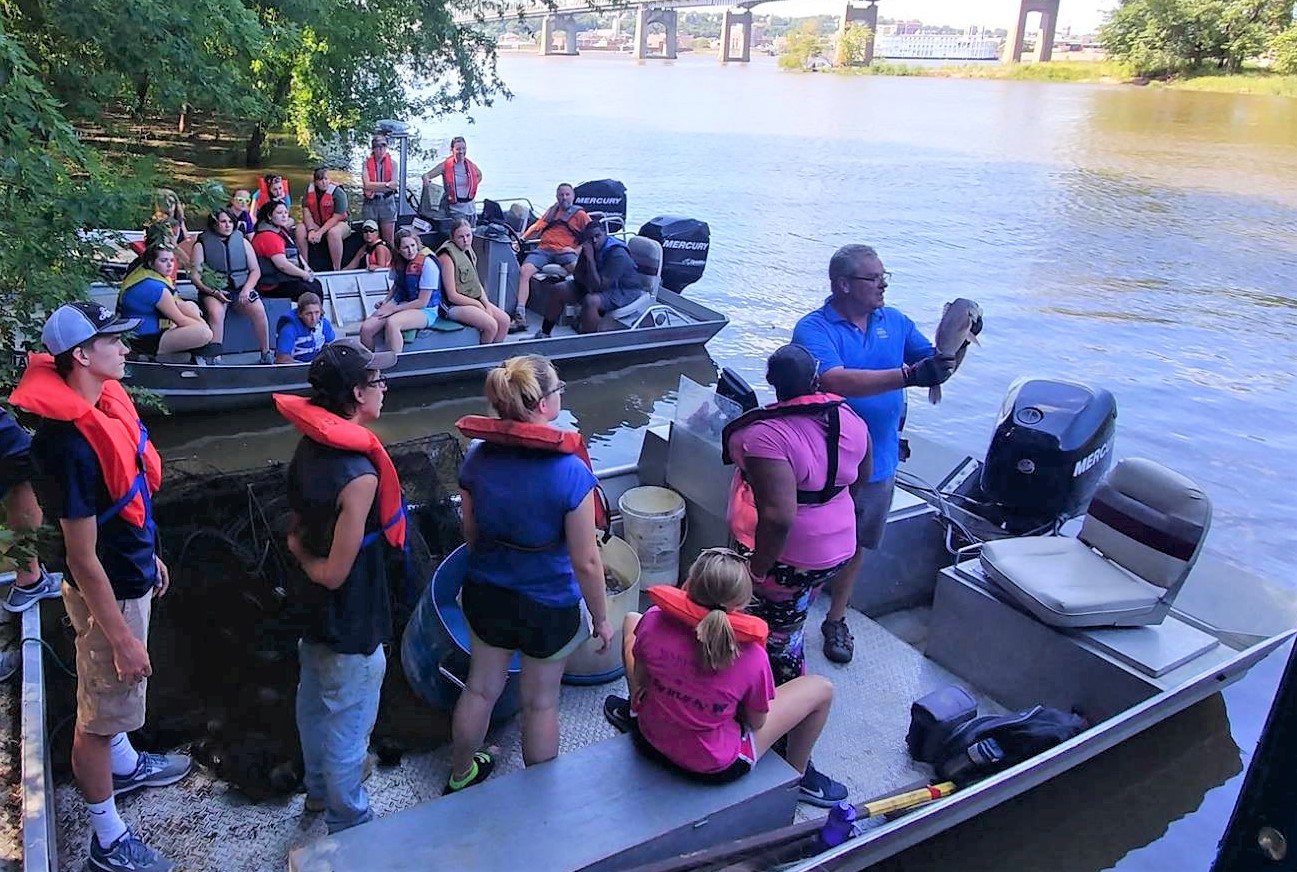
Learn more about watershed health and management through our watersheds, flooding, and pollution resource collection.
Take action by applying to be a part of NOAA’s Planet Stewards Stewardship Community, where you can receive funding to carry out your own ocean conservation projects. Educators in California, Oregon, and Washington can also apply to the Ocean Guardians program.
Marine mammal conservation
Shedd Aquarium offsite link extended Sea Otter Awareness Week into a month-long opportunity for public engagement, teaching 4,879 Chicago guests about sea otter diets, sustainable seafood, and species conservation. Aquarium visitors got up close and personal with a sea otter food tray—complete with squid, shrimp, clams, and fish—while learning about how to improve their own seafood habits to keep themselves and our oceans healthy.

Learn more about sea otters and other marine mammals through our marine mammals resource collection.
Take action by viewing marine mammals responsibly when you see them in the wild.
Estuary education
Two science centers held events to get the public excited about and connected to their local estuary. The Center for Aquatic Sciences at Adventure Aquarium offsite link worked with local partners to put on the Delaware River Festival in Philadelphia on September 15. This festival attracted 5,000 attendees, engaging them in estuary-themed games, crafts, and boat rides to foster a sense of connection with the waterway. On September 29, the Rookery Bay National Estuarine Research Reserve offsite link held a similar event, called National Estuaries Day, to celebrate the importance of estuaries and the reserve’s 40th year of existence. A record-breaking 668 individuals came for this free day of educational marine exhibits, junior scientist activities, staff-led boat tours, and kayak trips on the beautiful Florida estuary.

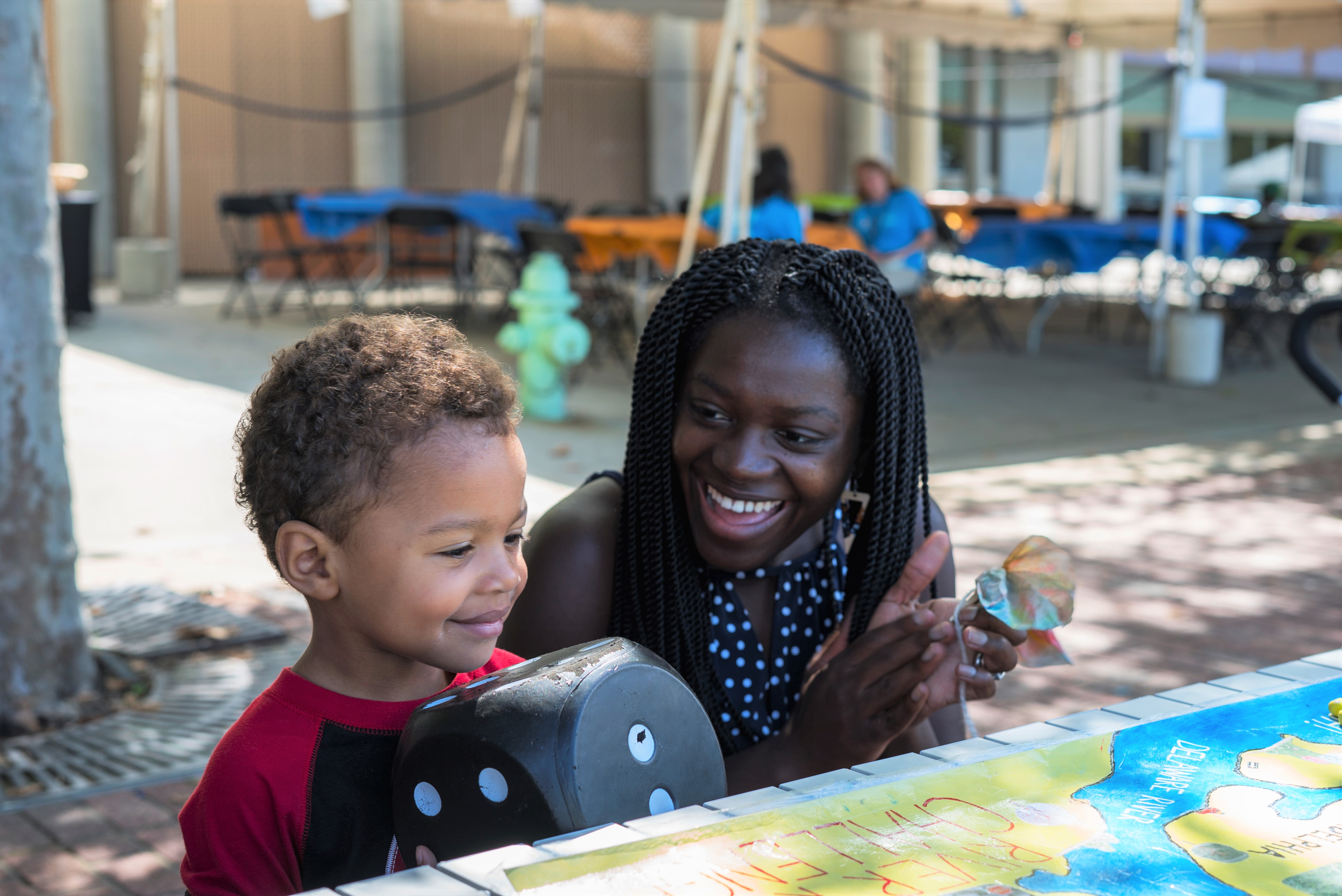
Learn more about estuaries through NOAA’s Estuaries 101 curriculum.
Take action by visiting your own local estuary through the National Estuarine Research Reserve System.
Marine debris
Four of NOAA’s aquarium partners participated in the International Coastal Cleanup on September 15. In Hawaii, over 200 volunteers came together to clean up Ala Moana Beach Park with Waikiki Aquarium offsite link, working to clear litter before it made its way into the ocean. Back on the mainland, more than 100 volunteers helped the Aquarium of the Pacific offsite link pick up 376 pounds of trash from the Long Beach shores. On the other side of the country, Mystic Aquarium offsite link led a team of over 100 volunteers to remove 444 pounds of debris from the surrounding area of Connecticut. And finally, down in Florida, coastal stewards worked both above the water on kayaks and below the water in SCUBA gear to clear trash from the Tampa beach alongside The Florida Aquarium offsite link staff. These four events together mobilized nearly 500 volunteers in removing over 800 pounds of trash, working towards healthy communities and healthy ecosystems.
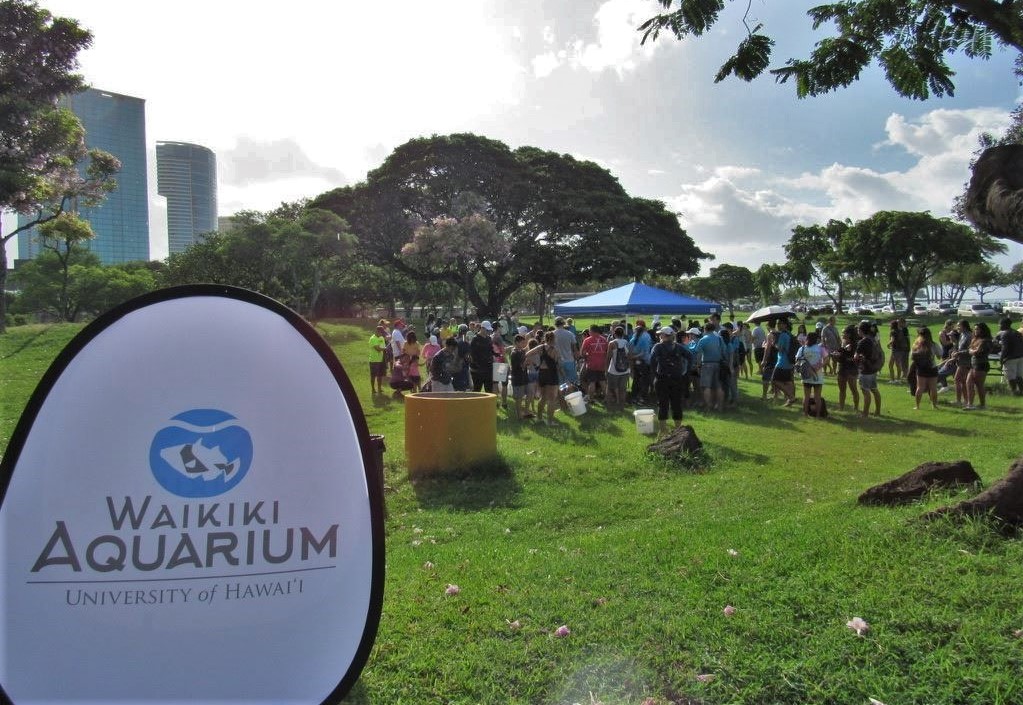
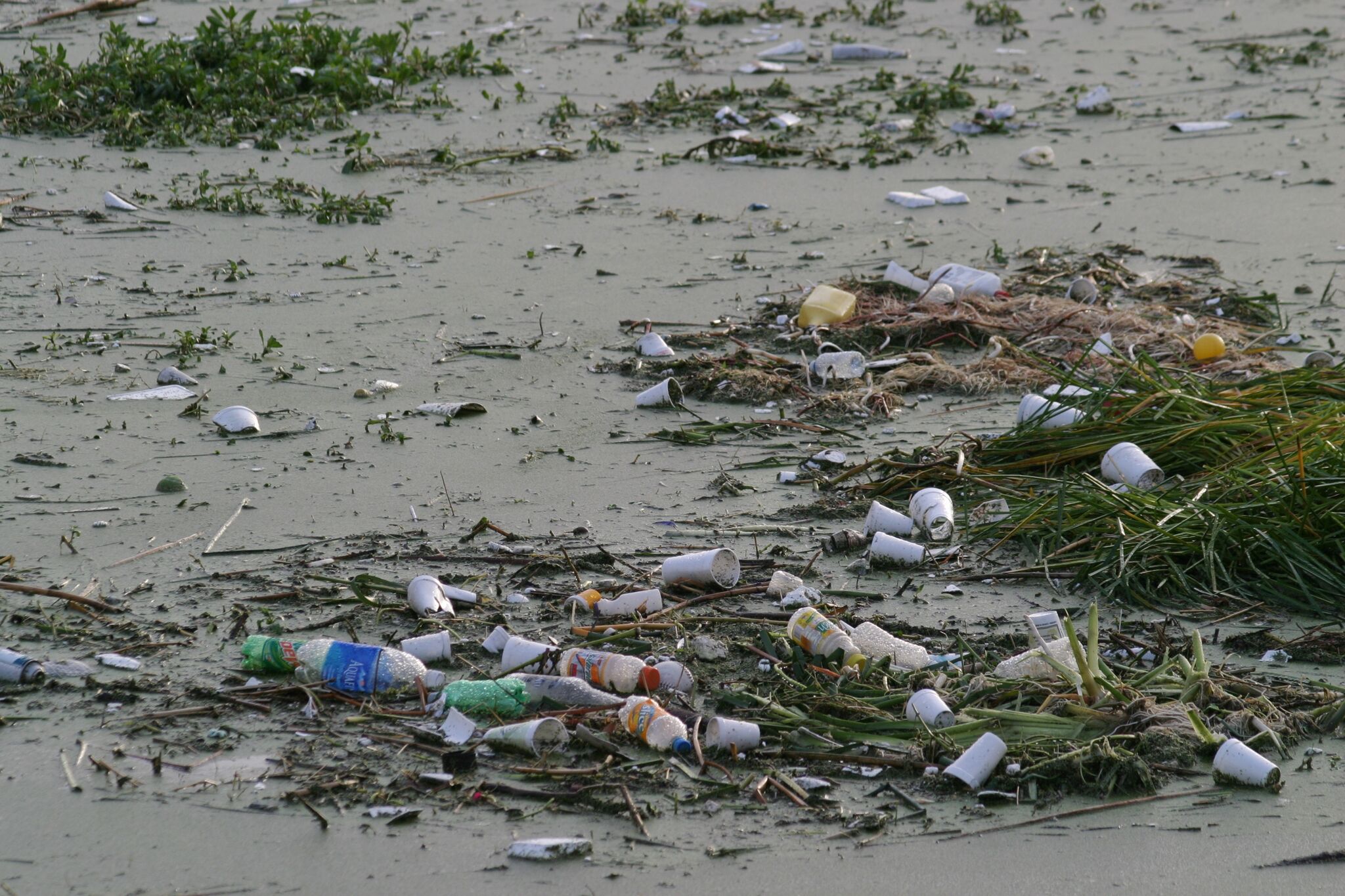


Learn more about marine debris on our ocean pollution resource collection.
Take action by reporting ocean pollution you find in your local community using the marine debris tracker offsite link.
Aquariums collaborated on and coordinated these events through the Coastal Ecosystem Learning Center (CELC) Network, a consortium of 27 leading aquariums and marine science centers across the United States, Canada, and Mexico. NOAA’s Office of Education manages this network, bringing institutions together to learn from each other and from the latest in NOAA science. Want to visit? Find your local CELC institution here.


